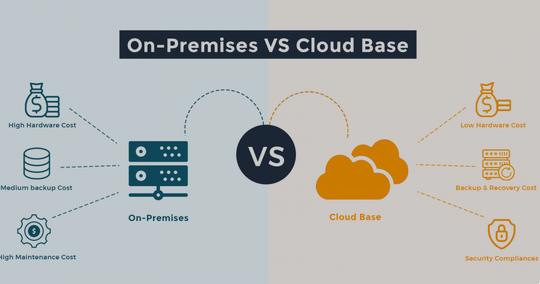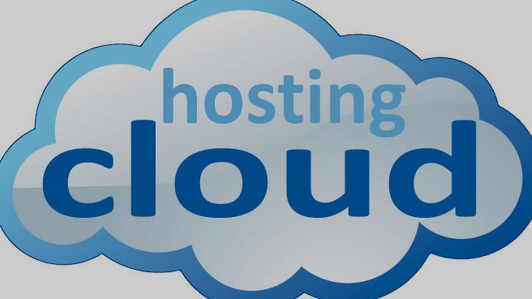In today’s rapidly evolving business landscape, selecting the right hosting solution is a crucial decision for UK businesses seeking to maintain their competitive edge. Traditional on-premises infrastructure has long been the go-to choice, but the rise of cloud hosting services has brought forth a significant paradigm shift. This article aims to provide a comprehensive cost analysis of on-premises vs cloud hosting in the United Kingdom. This will help businesses make informed decisions when it comes to their IT infrastructure.
Contents
The Case for On-Premises Hosting
Historically, on-premises hosting has been the conventional choice for businesses in the UK. Companies invest in their own servers, networking equipment, and data centers, which provide them with full control and customisation of their infrastructure. This level of control can be particularly appealing for organisations with specific security and compliance requirements.
However, it’s essential to consider the financial aspects of this approach. Setting up and maintaining on-premises infrastructure involves significant upfront capital expenditure. This includes the cost of purchasing hardware, software licenses, and the physical space required to house equipment. Additionally, ongoing operational expenses, such as power, cooling, and IT staff salaries, can quickly add up.
Moreover, businesses may encounter challenges when scaling their on-premises infrastructure. As their needs grow, they will need to invest in additional hardware and make changes to their data center, incurring more costs and complexity.
Read: Comparing Public, Private, And Hybrid Cloud Hosting
The Cloud Hosting Advantage
Cloud hosting has revolutionised the way businesses in the UK approach their IT infrastructure. Rather than investing in physical hardware, organisations can leverage cloud services provided by third-party providers. This shift to the cloud offers several key advantages in terms of cost and flexibility.
Pay-as-You-Go Model
Cloud hosting follows a pay-as-you-go pricing model, allowing UK businesses to pay only for the resources they use. This eliminates the need for large upfront capital expenses and provides cost predictability.
Scalability
Cloud hosting offers unmatched scalability. Businesses can easily scale up or down based on their needs, avoiding overprovisioning or underutilisation of resources. This is especially valuable for UK companies with fluctuating workloads.
Reduced Maintenance Costs
Cloud providers handle hardware maintenance, reducing the burden on IT staff and eliminating the need for costly hardware upgrades. This is particularly relevant in the UK, where labor costs can be high.
Global Reach
Many cloud providers have data centers in the UK, enabling businesses to host their data locally for compliance purposes while also providing the ability to expand globally without the need for additional physical infrastructure.
Read: Benefits Of Cloud Hosting For UK Businesses
A Cost Comparison
To illustrate the cost difference between on-premises and cloud hosting, let’s consider an example of a medium-sized UK eCommerce company.
On-Premises Scenario
- Initial hardware and data center setup cost: £100,000
- Ongoing operational expenses (power, cooling, staffing): £20,000 per month
- Additional costs for scaling infrastructure (estimated annually): £50,000
- Total cost over three years: £780,000 (including initial setup)
Cloud Hosting Scenario
- No upfront capital expenses
- Monthly cloud hosting costs (based on usage): £10,000 on average
- Total cost over three years: £360,000
In this simplified example, the cost savings of using cloud hosting are evident. The UK eCommerce company could save approximately £420,000 over three years by opting for UK cloud hosting. These cost savings can be reinvested in other areas of the business or used for innovation and growth.
On-premises vs Cloud Hosting: Conclusion
In the ever-evolving landscape of the UK business environment, making informed decisions regarding IT infrastructure is crucial. On-premises hosting offers control but comes with substantial upfront and ongoing costs. On the other hand, cloud hosting provides scalability, cost predictability, and the ability to focus on core business activities rather than infrastructure management.
While there may be specific cases where on-premises hosting is the right choice for certain UK businesses, the cost analysis overwhelmingly favours cloud hosting for its cost-efficiency, flexibility, and ease of management.
As businesses in the UK continue to adapt to changing market conditions, leveraging cloud hosting services is a strategic move that can provide a competitive edge and enable them to thrive in the digital age.





